Epsom salt, chemically known as magnesium sulfate (MgSO₄·7H₂O), is a versatile, inexpensive, and effective garden aid. Rich in magnesium and sulfur, it provides essential nutrients that enhance plant growth, improve flower production, and strengthen root systems. Gardeners have used Epsom salt for decades as a natural supplement for vegetables, flowers, trees, and even lawns.
This guide explores six practical garden hacks using Epsom salt, with detailed instructions on how to apply it for healthier, more productive plants.
1. Boosting Tomato Growth and Yield
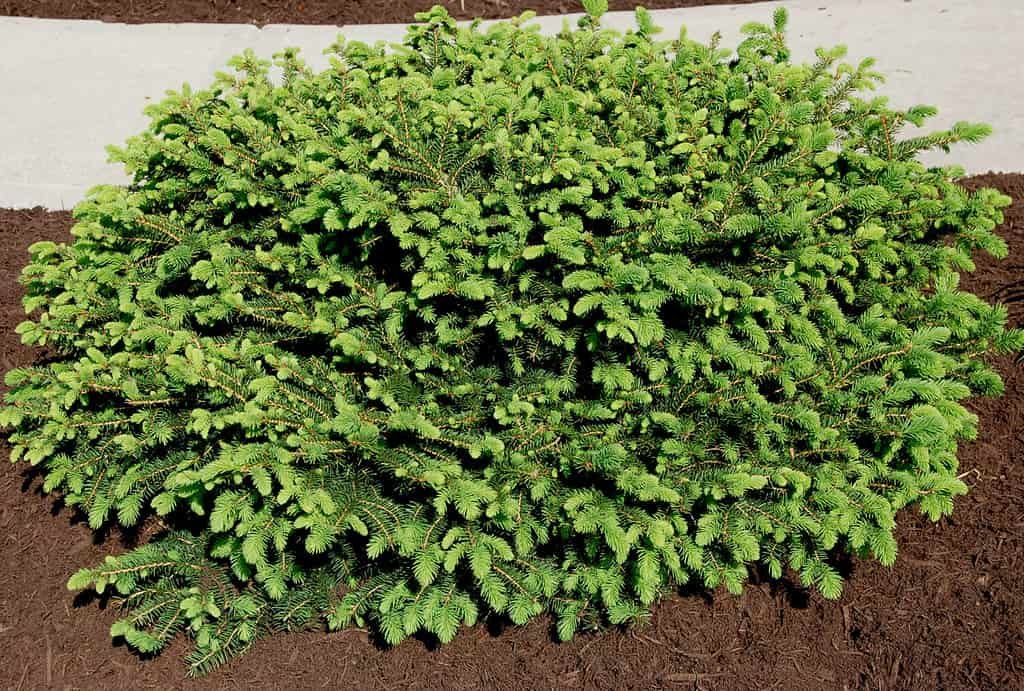
Tomatoes are nutrient-hungry plants that thrive with adequate magnesium, which plays a vital role in photosynthesis:
How to Use Epsom Salt for Tomatoes
- Mix 1 tablespoon of Epsom salt per gallon of water.
- Apply the solution directly to the soil around the base of the plant every 2–3 weeks.
- Alternatively, sprinkle 1 tablespoon of Epsom salt per plant directly onto the soil at planting time.
Benefits:
- Enhances leaf development and overall plant vigor.
- Improves fruit set and increases yield.
- Reduces blossom-end rot by assisting calcium absorption.
Tomatoes treated with Epsom salt often show lush green leaves, strong stems, and tastier fruits.
2. Encouraging Bushier Growth in Peppers
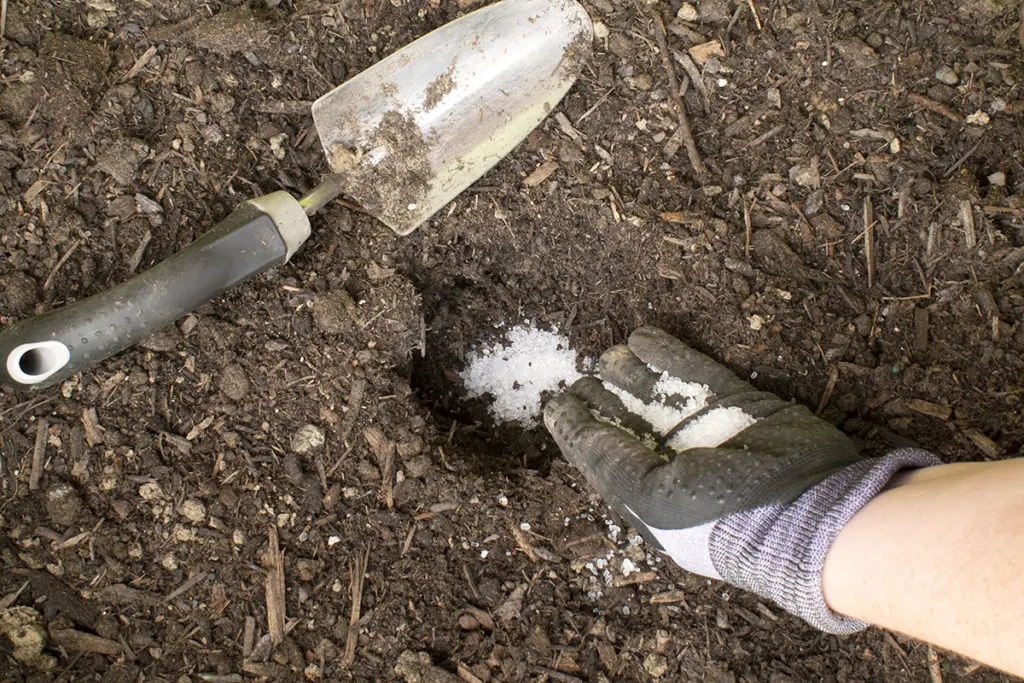
Peppers need magnesium for healthy chlorophyll production, which supports strong stems and abundant fruits:
Application Method
- Dissolve 1 teaspoon of Epsom salt in a quart of water.
- Spray the solution on leaves once a month for foliar feeding.
- For soil amendment, mix 1 tablespoon per plant into the planting hole.
Benefits:
- Promotes bushier, fuller plants.
- Enhances flower production and fruit quality.
- Helps prevent yellowing of leaves caused by magnesium deficiency.
Peppers respond quickly to Epsom salt, showing vigorous growth and vibrant fruit.
3. Strengthening Roses for More Blooms
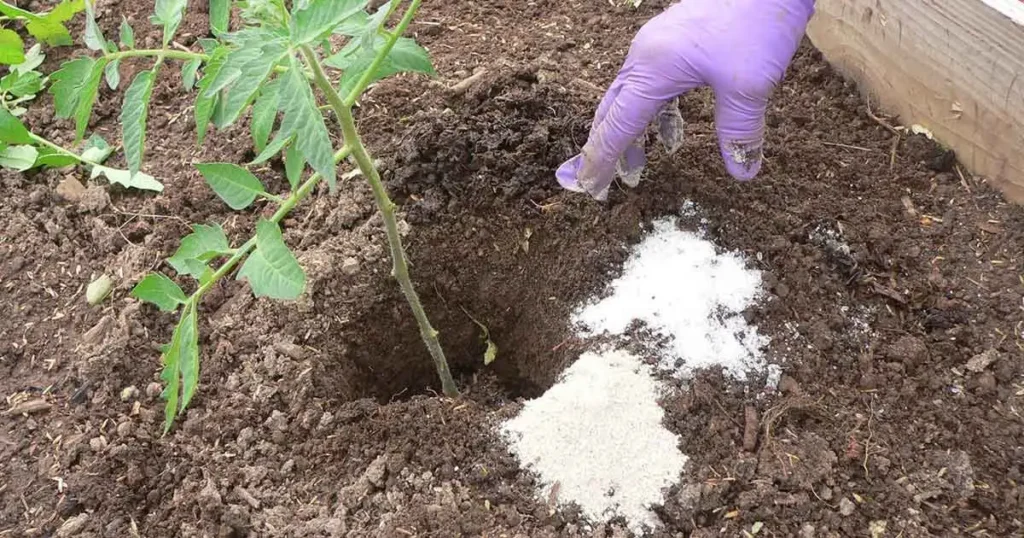
Roses are heavy feeders and often benefit from magnesium supplementation:
How to Apply
- Mix 2 tablespoons of Epsom salt per gallon of water.
- Water rose bushes with the solution once a month during growing season.
- For an extra boost, sprinkle a handful around the base of each rose bush.
Benefits:
- Encourages larger, more vibrant blooms.
- Strengthens stems, reducing the likelihood of breakage.
- Improves overall foliage health.
Epsom salt gives roses a luxurious, garden-show quality appearance with more frequent flowering.
4. Reviving Houseplants and Indoor Greens
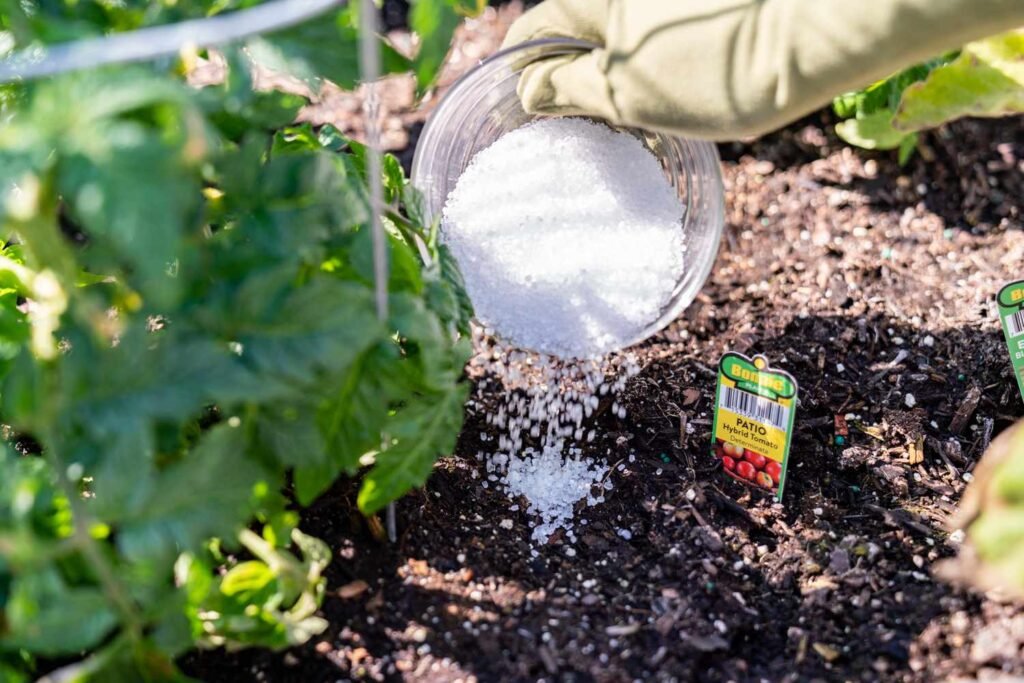
Indoor plants often suffer from nutrient-deficient soil due to long periods in pots. Epsom salt can rejuvenate them:
Application Instructions
- Dissolve 1 teaspoon of Epsom salt in a quart of warm water.
- Water your houseplants with this solution once a month.
- For larger pots, increase proportionally.
Benefits:
- Promotes greener, healthier leaves.
- Strengthens stems and root development.
- Supports flowering indoor plants like hibiscus and orchids.
This hack is a safe, natural alternative to chemical fertilizers, perfect for potted greens.
5. Enhancing Seed Germination and Transplant Success
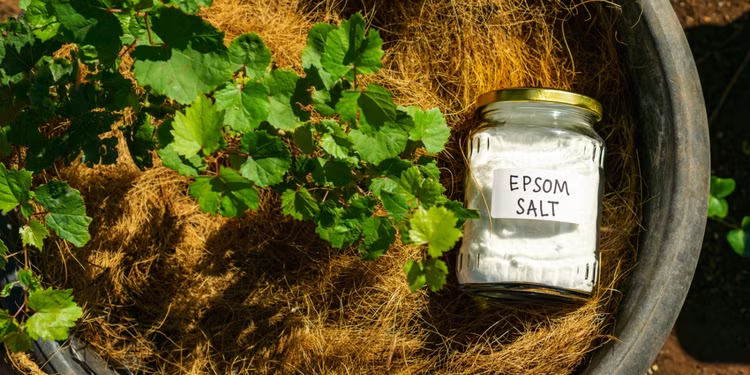
Magnesium in Epsom salt helps seedlings develop strong roots and healthy foliage:
Seed Starting Hack
- Mix 1 teaspoon of Epsom salt per cup of water.
- Soak seeds like tomatoes, peppers, or cucumbers for 6–8 hours before planting.
- Alternatively, sprinkle a pinch into seed-starting soil.
Benefits:
- Boosts early root development.
- Increases germination rate and uniform growth.
- Reduces stress during transplanting.
This simple step ensures vibrant, healthy seedlings ready to thrive in the garden.
6. Revitalizing Lawns and Grass
Epsom salt is not just for flowers and vegetables; it also improves turf health:
Lawn Application
- Spread 1–2 pounds of Epsom salt per 1,000 square feet of lawn.
- Apply in the spring or early summer when grass is actively growing.
- Water thoroughly after application to help absorption.
Benefits:
- Intensifies green color without promoting excessive leaf growth.
- Strengthens roots, leading to thicker, healthier grass.
- Helps prevent magnesium deficiency symptoms like yellowing patches.
Lawns treated with Epsom salt appear lusher, greener, and more resilient.
Tips for Using Epsom Salt Safely in the Garden
While Epsom salt is beneficial, it should be used thoughtfully:
- Do not overuse: Excess magnesium can interfere with calcium and potassium uptake.
- Test soil first: A simple soil test can determine if magnesium supplementation is needed.
- Combine with fertilizers wisely: Epsom salt complements, but does not replace, complete fertilizers.
- Apply during the growing season: Most crops respond best to magnesium during active growth.
- Use organic Epsom salt when possible to ensure purity.
By following these guidelines, gardeners can maximize the benefits of Epsom salt while avoiding nutrient imbalances.
Additional Creative Uses for Epsom Salt in the Garden
- Slug and Snail Deterrent: Sprinkle a light line of Epsom salt around plants to deter pests.
- Tree and Shrub Boost: Mix 1 cup per foot of tree height around the base to promote leaf development.
- Flower Bed Enhancer: Scatter a tablespoon per square foot to encourage flowering annuals and perennials.
- Composting Aid: Add Epsom salt to compost to enrich nutrient content.
These creative applications make Epsom salt a versatile and eco-friendly gardening tool.
Scientific Basis for Epsom Salt Benefits
- Magnesium Role: Central atom in chlorophyll, essential for photosynthesis and energy production.
- Sulfur Role: Vital for amino acids, protein formation, and enzyme function.
- Nutrient Absorption: Magnesium enhances uptake of nitrogen and phosphorus, improving overall plant health.
- Disease Resistance: Healthier plants are more resistant to pests and environmental stress.
Understanding the science behind Epsom salt helps gardeners apply it effectively and confidently.
Conclusion: Stronger, Healthier Plants with Epsom Salt
Epsom salt is a low-cost, high-impact tool for gardeners seeking stronger, more productive plants. From tomatoes and peppers to roses, houseplants, and lawns, this simple compound offers multiple benefits:
- Promotes vibrant foliage and strong stems.
- Encourages flowering, fruiting, and root growth.
- Enhances seedling vigor and transplant success.
- Provides nutrients naturally without harsh chemicals.
By incorporating these six garden hacks, you can unlock the full potential of your plants, improve yields, and maintain a healthy, thriving garden.
Whether you are a hobby gardener, an urban balcony grower, or a landscaping enthusiast, Epsom salt is a practical and versatile ally in nurturing lush greenery and bountiful harvests.
